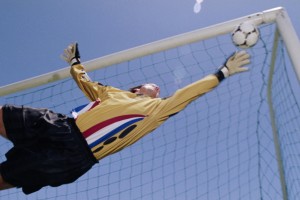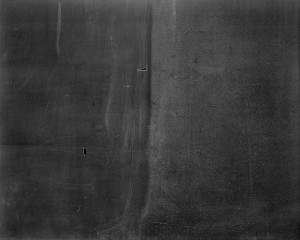While playing in a recording session with my pianist this summer (more details on that soon!), I had a startling revelation: I wasn’t nervous, and I didn’t like it!
Sound strange?
The truth is, as I’m sure many performers would agree, that I’m used to a certain amount of adrenaline when I perform. I have come to expect that familiar “butterflies-in-my-stomach” feeling, and I know that it’s there to give me that extra bit of energy that will make my performance more exciting – through an increase in mental focus, perhaps a little faster tempo, scintillating vibrato, and a sense of urgency that aren’t always easy to conjure in rehearsal.
However, on that day in the recording studio, my old reliable frenemy, adrenaline, just didn’t show up.
Maybe it was the lack of an audience (other than the recording engineer in the next room), or maybe it was the knowledge that if something didn’t go to my liking, I could re-do it as many times as necessary, time permitting, but it just wasn’t the same as a live performance.
It felt kind of like being prepared to jump off a 3-meter diving board, only to arrive and find out it’s 1 meter high. The pressure was off, and it felt somewhat humdrum and quotidian.
Fortunately, I had a few tricks in reserve to help bring the edgy feeling back. However, it was startling to find that instead of trying to minimize or control the feeling of anxiety, which is usually the case, I found myself beckoning it!
The next time you feel the internal flutter of those butterflies before going onstage, remember to thank them for being there to help you go above and beyond the everyday.






